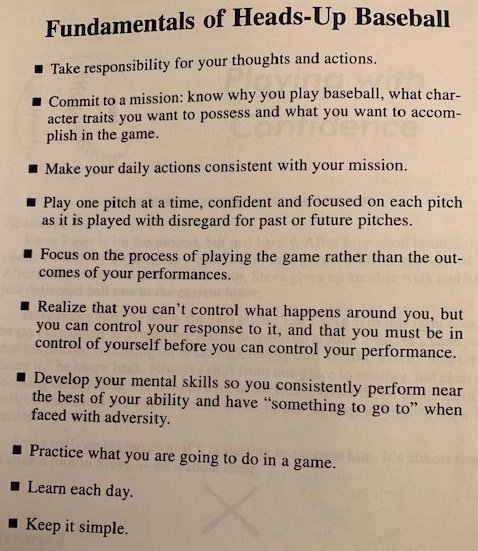I want to propose again this blog. The reason is that is so important to react constructively to the bad results. it’s not an easy condition for every athletes, but if you want to improve you need to learn how to live these moments. One again the experience of great champion, like Tiger Woods, leads to find this difficult solution. It is very useful for the young athletes too.
If you are a champion you do figure out how to address the losses and Tiger Woods definitely is.
One day after the worst score of his career, Tiger Woods played the final round of the Memorial Tournament presented by Nationwide just like it was any other Sunday. He wore his red shirt. He played at the same pace. He tossed blades of grass in the air to judge the wind and crouched to read important putts. The only difference was he played as a single. He even removed a flagstick by himself when his caddie was busy raking a bunker.
“Just because I’m in last place doesn’t change how I play golf,” he said. “Whether it’s the first day or last day, doesn’t matter. Play all out.”
“This is a lonely sport,” Woods said. “The manager is not going to come in and bring the righty or bring the lefty. You’ve just got to play through it. And that’s one of the hardest things about the game of golf, and it’s also one of the best things about the game of golf. When you’re on, no one is going to slow you down. When you’re off, no one is going to pick you up, either. It’s one of those sports that’s tough. Deal with it.




/arc-anglerfish-tgam-prod-tgam.s3.amazonaws.com/public/NEJHTLYRUFBYFJKJ7VLPU347QU)





